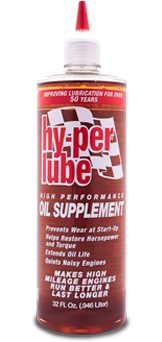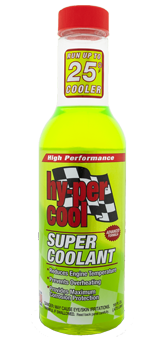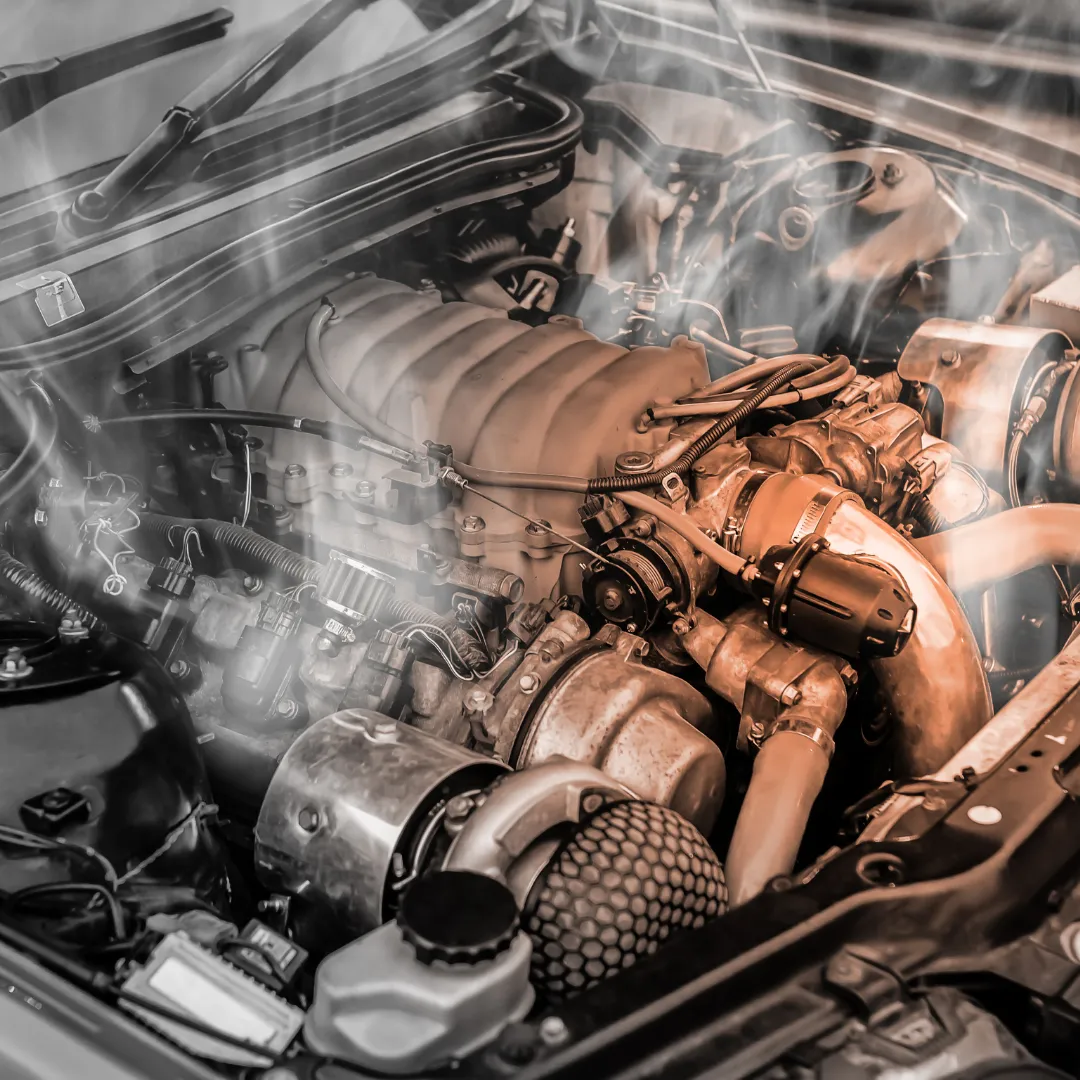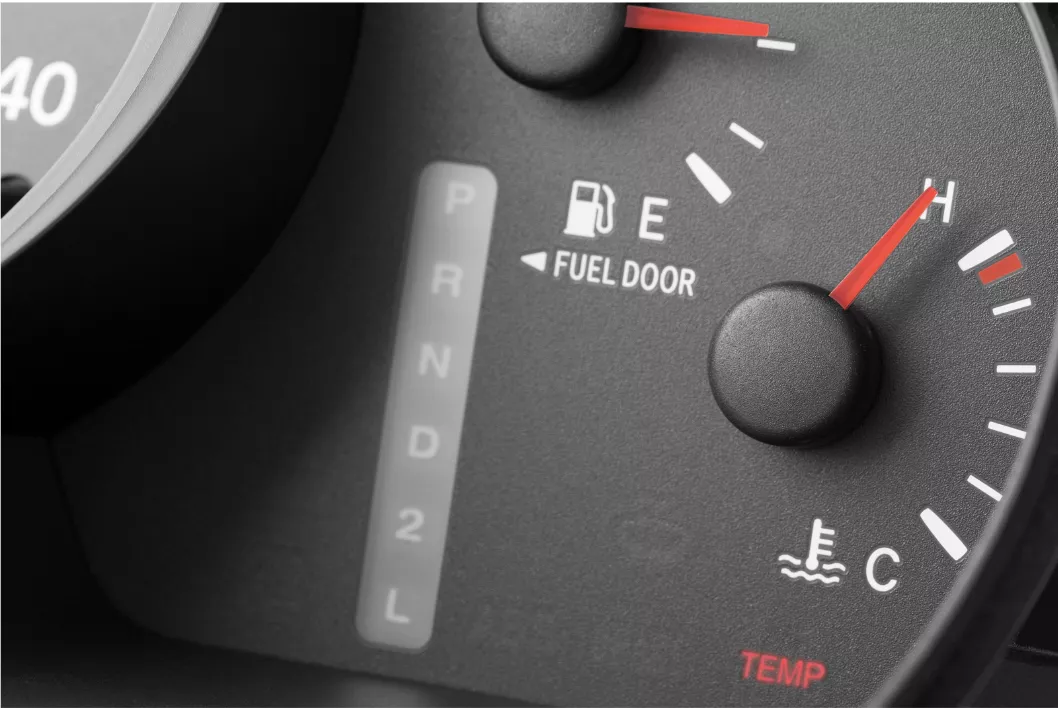What Happens When Coolant Mixes with Oil?
One of the problems you want to avoid when it comes to your car is having your engine coolant mixing with your oil. This can cause serious damage to your car, and if you discover it happening, you need to address it immediately.
But first off: how do oil and coolant get mixed together and what exactly can you do about it?
Why Is There Oil in My Coolant?

Oil and coolant can also end up mixing if your engine overheats and either destroys the gasket or cracks the cylinder head. An accident that cracks the cylinder head or damages the engine block can result in oil and coolant mixing as well. We talk to customers all the time that have this problem.
Is Coolant in Engine Oil Dangerous?
As we pointed out and as you could probably guess, having your coolant and oil mixed is terrible for the health of your car. In basic terms, your car’s engine oil is designed to lubricate the internal components of your car so that they operate smoothly rather than grinding each other up via heat and friction.
You coolant has another purpose: it is designed to keep your car from overheating. The consequences of diluting either substance should be clear — but in case it’s not, the answer is that you can expect overheating and/or severe damage to your engine if you try to drive around with coolant leaking into oil or oil in the coolant reservoir.
How to Fix Oil in the Coolant Reservoir or Coolant in Your Oil

When changing the oil and coolant, we recommend adding quality products like our Hy-per Lube Oil Supplement. Hy-per Lube Oil Supplement seals piston rings and valve guides, which can prevent or reduce leaking issues. It can also give your oil greater protection, restore fuel economy and performance and extend the service life of your oil by as much as 50 percent.
You may also benefit from our Hy-per Cool Super Coolant, which is compatible with virtually every type of antifreeze and proven by independent Dyno-testing to lower engine temperatures up to 25 degrees Fahrenheit.
While the life of these solutions will vary according to the severity of the leak, the key is repairing it as soon as possible. If you are dealing with a blown head gasket, a cracked cylinder head or a cracked engine block — and if the leak is too severe — you may have to have a professional mechanic have a look.
With any luck, the problem will be minor, and the right stop leak/chemical fix will do the trick. However, if after your fix, your car quickly starts to overheat, turn off the vehicle and bring it in for repairs immediately. Your engine may already be severely damaged, and if not, it quickly will be if you continue to use the vehicle in its current state.
How Much Will It Cost to Fix Coolant in My Oil?
The temporary fix will only entail the cost of the replacement fluids and the stop leak products — it’s actually quite affordable. However, your long-term solution of fixing whatever gasket or component is causing the leak could be considerably more expensive. The worst-case scenario, the one you hopefully will not have to face, is that you have a crack in your engine block. If this is the situation, there is nothing to do but replace the engine, which typically runs about $4,000 to $8,000. Again, this is the worst-case scenario.
If you only have to replace the radiator and fix the transmission, it should not cost you more than $400 or $500. However, if your head gasket is completely destroyed and must be replaced, it could run you a couple thousand dollars, including parts and labor.
Hyper-Lube: Quality High-Performance Products for Your Car
If an accident damages your engine, there is little protection that proper vehicle maintenance can offer. But in general, using high-quality products and additives in your engine can often ward off problems like oil and coolant mixing.
If you’re looking for great products to help you get the most out of your oil and coolant, look to Hy-per Lube. Our experience with quality chemical additives for vehicle performance date back more than 60 years, to when Harold Hilton first formulated Hy-per Lube Oil Supplement back in the early ’50s.
We are constantly researching and perfecting our formulas, and today’s Hy-per Lube products are formulated with cutting-edge technology to maximize the benefits to your vehicle.
For maximum performance and protection, you need Hy-per Lube. We have a number of products to suit your vehicle’s needs. Remember that these products can potentially add extended life, performance and fuel economy benefits that can well outweigh the cost of the product.
To find a Hy-per Lube product near you, use this convenient store locator. Or, to discuss any of our products with a qualified expert, please feel free to contact us online right now.




